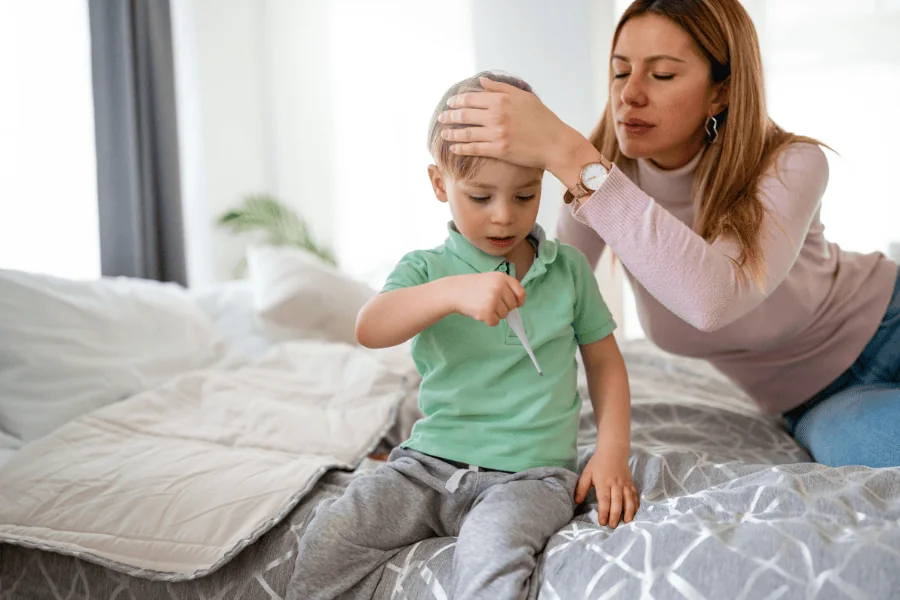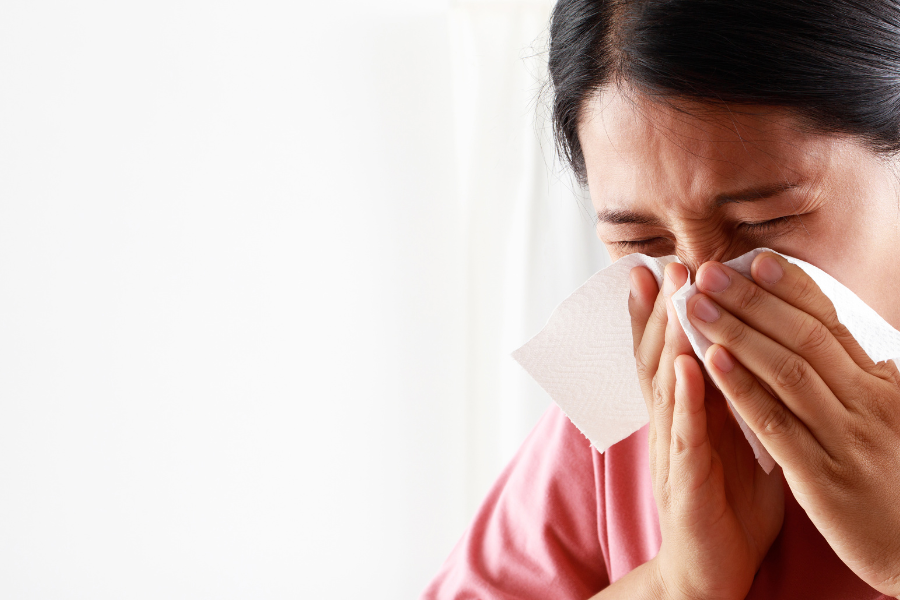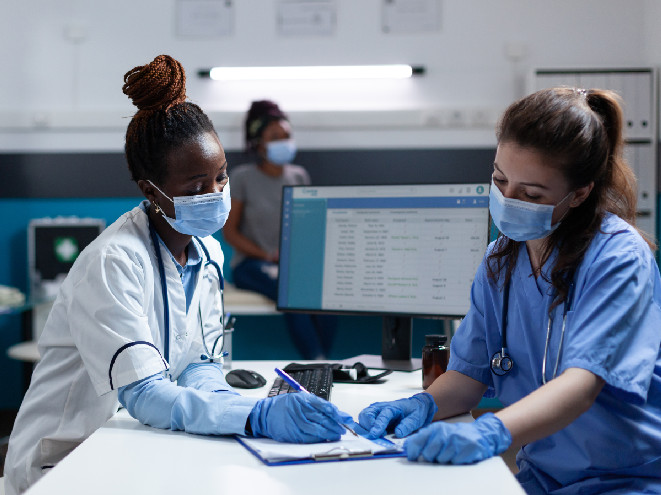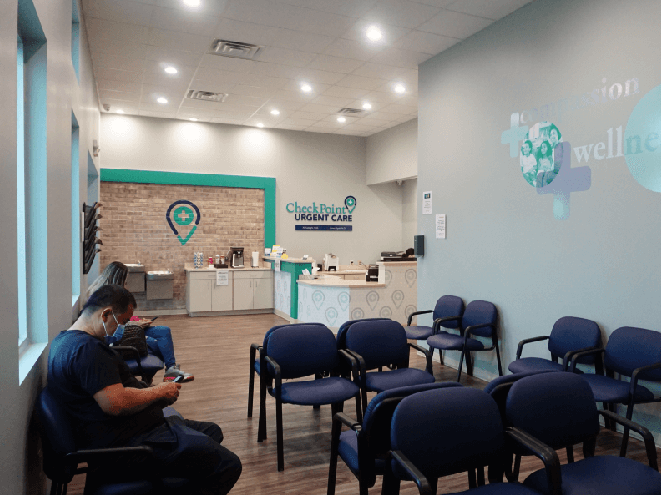As parents, we want the best for our children, including their education and well-being. However, there are times when keeping your child home from school becomes a crucial decision, especially during seasonal illnesses. At CheckPoint Urgent Care, we understand the importance of your child’s health and the need for proper guidance during these times.
Keeping Your Child Home From School
Deciding when to keep your child home from school can be tricky, but it’s essential for their well-being and to prevent spreading illnesses to classmates. Here’s a guide to help you make the right call.
Common Seasonal Illnesses
Seasonal illnesses like the flu, colds, allergies, and stomach bugs are common throughout the school year. These illnesses are highly contagious and can spread quickly in classrooms, so knowing when to keep your child home is key.
Key Symptoms to Watch For
Fever
A fever is a clear sign that your child should stay home. It typically means their body is fighting an infection. If their temperature is 100.4°F (38°C) or higher, they should rest at home until they’ve been fever-free for at least 24 hours without medication.
Respiratory Symptoms
Breathing issues like coughing, sneezing, and a runny nose are common with seasonal illnesses. Here’s when to keep your child home:
- Severe Coughing: If your child’s cough is severe enough to disrupt their concentration or daily activities, it’s best for them to rest at home.
- Sneezing and Runny Nose: If these symptoms are accompanied by a fever, fatigue, or other concerning signs, consider consulting a doctor and keeping your child home until they improve.
Gastrointestinal Symptoms
Stomach bugs, which cause nausea, vomiting, diarrhea, and stomach pain, spread quickly among children. Keep your child home until they’ve been symptom-free for at least 24 hours without the help of medications like anti-nausea or anti-diarrheal drugs.
Contagious Infections
Infections such as strep throat and pink eye (conjunctivitis) spread easily in schools. If your child is diagnosed with a contagious infection, follow your healthcare provider’s instructions on when they can return to school.
Fatigue and General Malaise
Illness can drain your child’s energy and leave them feeling weak. If they’re extremely tired or generally unwell, allow them to rest and recover at home.
When You’re Unsure, Seek Professional Guidance
If you’re uncertain whether your child’s symptoms warrant staying home, consult a healthcare provider like CheckPoint Urgent Care. They can assess the severity of your child’s illness and recommend appropriate care and recovery timelines.
Tips to Prevent the Spread of Illness
While it’s important to keep sick children home, you can also take proactive steps to help your family stay healthy:
- Vaccinations: Ensure your child is up-to-date with recommended vaccines, including the flu shot. This protects both your child and those around them.
- Hand Hygiene: Teach your child to wash their hands with soap and water for at least 20 seconds, especially before meals and after using the restroom. Use hand sanitizer with at least 60% alcohol when soap isn’t available.
- Cough and Sneeze Etiquette: Encourage your child to cover their mouth and nose with a tissue or their elbow when coughing or sneezing, and to wash their hands afterward.
- Disinfect Frequently Touched Surfaces: Regularly clean doorknobs, light switches, countertops, and other common areas in your home.
- Stay Informed: Keep track of illness outbreaks in your community and follow guidance from local health authorities and schools regarding safety measures.
By recognizing the signs of illness and taking preventive measures, you can help keep your child healthy and contribute to a healthier school environment.
CheckPoint Urgent Care Is Here For You
To keep your child and their classmates healthy, it’s important to make smart choices about when to keep your child home from school. Illnesses like the flu, colds, and stomach bugs can easily spread at school. But by knowing when to keep your child home and getting advice from a doctor if you’re unsure, you can help keep your child and others safe. At CheckPoint Urgent Care, we prioritize your child’s health and well-being and are here to provide support and medical advice when you need it. Let’s team up to make sure our schools stay healthy, and our kids stay well.








